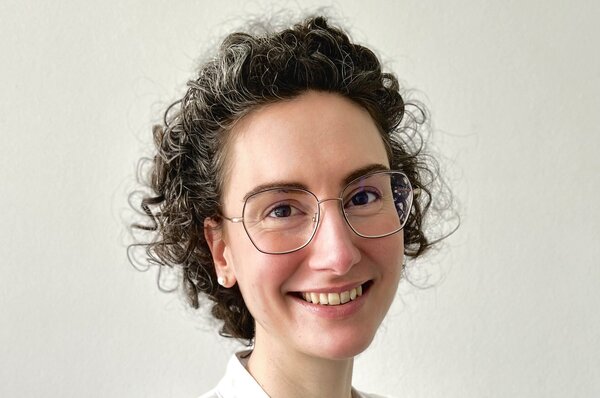![]()
16 April 2025
Winners of the 2024 EFP Graduate Research Prize announced
Categories:Communication, Events, Institutional, Science

The EFP has announced the winners of the 2024 Graduate Research Prize, honouring outstanding research conducted by postgraduate students in periodontology. This annual competition highlights the importance of scientific research within EFP-accredited graduate programmes and aims to foster excellence in both clinical and preclinical basic research.
In the preclinical/basic research category, the first prize was awarded to Julio Villalba-Recuerda from the University of Amsterdam (ACTA) for the study The influence of hydrogen sulfide on gingival wound healing: An in vitro study, published in the Journal of Periodontal Research. This innovative research explored the role of hydrogen sulfide (a gasotransmitter known for its involvement in various physiological processes) in gingival wound healing. The study provided important insights into how this molecule influences tissue repair at the cellular level, with potential implications for future therapeutic strategies in periodontal regeneration.

The second prize in the same category went to Manuel Toledano-Osorio and his team at the Complutense University of Madrid for their research NP-12 peptide functionalized nanoparticles counteract the effect of bacterial lipopolysaccharide on cultured osteoblasts, published in Dental Materials. This study addressed the challenge of bacterial-induced bone loss by developing peptide-functionalised nanoparticles that protect osteoblasts from the harmful effects of lipopolysaccharides. The findings point to a promising approach for enhancing bone healing and regeneration in the context of periodontal disease.

In the clinical research category, the first prize was awarded to Patrizia C. Winkler from Goethe University Frankfurt for her study Decision-making on systemic antibiotics in the management of periodontitis: A retrospective comparison of two concepts, published in the Journal of Clinical Periodontology. This important research examined how systemic antibiotics are prescribed in the treatment of periodontitis, comparing two clinical decision-making approaches. The study not only sheds light on current prescribing practices but also contributes to the broader conversation around responsible antibiotic use in periodontal care.

The second prize in clinical research was awarded to Luigi Barbato and colleagues from the University of Florence for their randomized controlled trial Non-surgical retreatment versus papillary preservation flap surgery for residual pockets: A randomized controlled trial with clinical and patient-reported outcomes, also published in the Journal of Clinical Periodontology. The study compared the effectiveness and patient experiences of two treatment modalities for managing residual periodontal pockets. By integrating both clinical outcomes and patient-reported measures, the research offers valuable guidance for clinicians seeking to balance efficacy with patient satisfaction.
Open to students enrolled in EFP-accredited postgraduate programmes in periodontology, the competition encourages submissions of original research published in English-language peer-reviewed journals, with studies completed during the students’ training or within three years of graduation. Candidates must be first or second authors and submitted work must reflect research carried out primarily in the country where the postgraduate programme was undertaken.
A distinguished jury composed of Professor Anton Sculean Stavropoulos, secretary general of the EFP, Professor Nikolaos Donos, EFP education committee chair, Dr Balint Molnar, and Dr Ioannis Polyzois assessed the submissions and selected the most impactful and innovative studies. The winning candidates will receive monetary awards of €1,000 (first prize), €750 (second prize), and €500 (third prize, if applicable), along with a certificate of recognition.
“The EFP congratulates all the winners for their exceptional contributions to the field and reaffirms its commitment to supporting high-quality graduate research in periodontology,” said Prof Donos. “We hope the EFP Graduate Research Prize continues to inspire emerging researchers and contributes to strengthen the foundation of evidence-based periodontal practice.”




